Social Plasticity, Libertarian Pedagogies
Aiming for social transformation and political emancipation, critical and radical pedagogies imagine a non-conformist education. At times "holistic", these pedagogies associate education and learning with an experience that is as much physical as it is affective and intellectual. What are the forms of such aesthetic, social, and political emancipation today? What are the contributions of these libertarian pedagogies in relation to inherited structures and contemporary challenges? Can these practices also lead us to deconstruct and unlearn?
These new forms of teaching, that partly originated in socialist and anarchist circles, have been developed continually since the 19th century in specific contexts, from social to artistic ones. In the 1960s, many artists contributed to the rediscovery and actualization of these pedagogies. Today, their contemporary heirs revisit this history to create and transmit in a different way, to practice a socially engaged art, one that involves new forms of participation and critical thinking.
In the context of the new research cycle How to inhabit Cosmomorphic worlds?, and following the Stations 16 (Metamorphosis and contamination, the permanence of change) and 17 (A very long eclipse—a thought experiment on economy, play and their limits), Station 23, Social Plasticity, Libertarian Pedagogies, focuses on the question of transformation, emancipation, and reconstruction through pedagogies that provide us with various tools for a better life in the commons.
Works under study
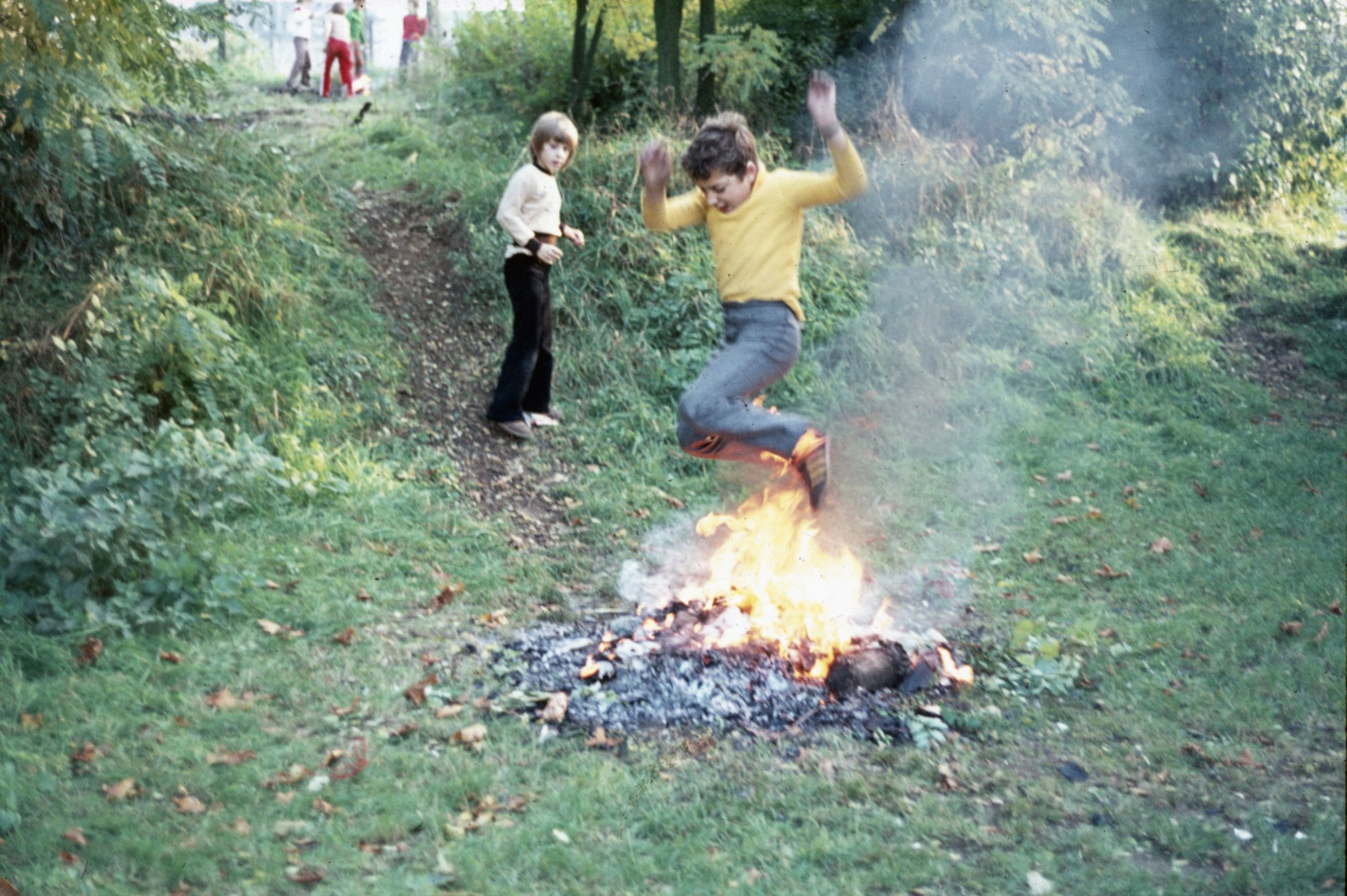
Jean-Marc Brodhag, Le terrain d’aventures du Sablon, Metz, 1977-1980
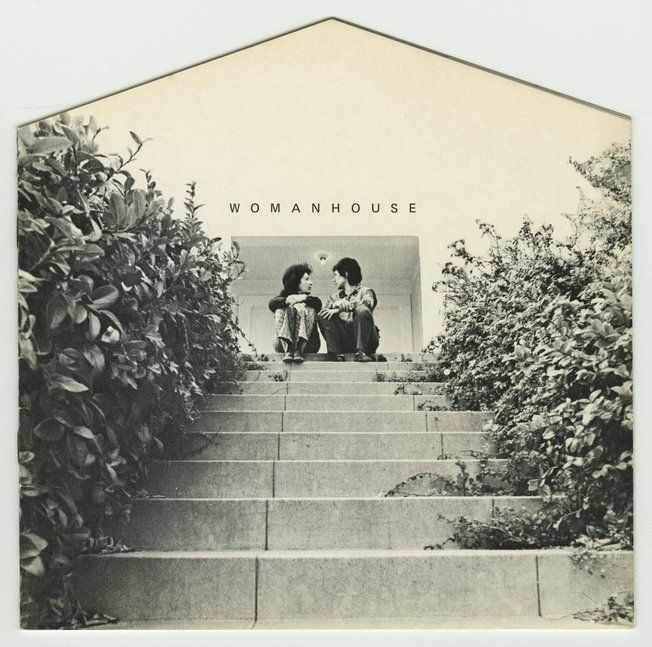
Judy Chicago et Myriam Shapiro devant la Womanhouse.
Courtesy Through the Flower Archives, Penn State University Archives.
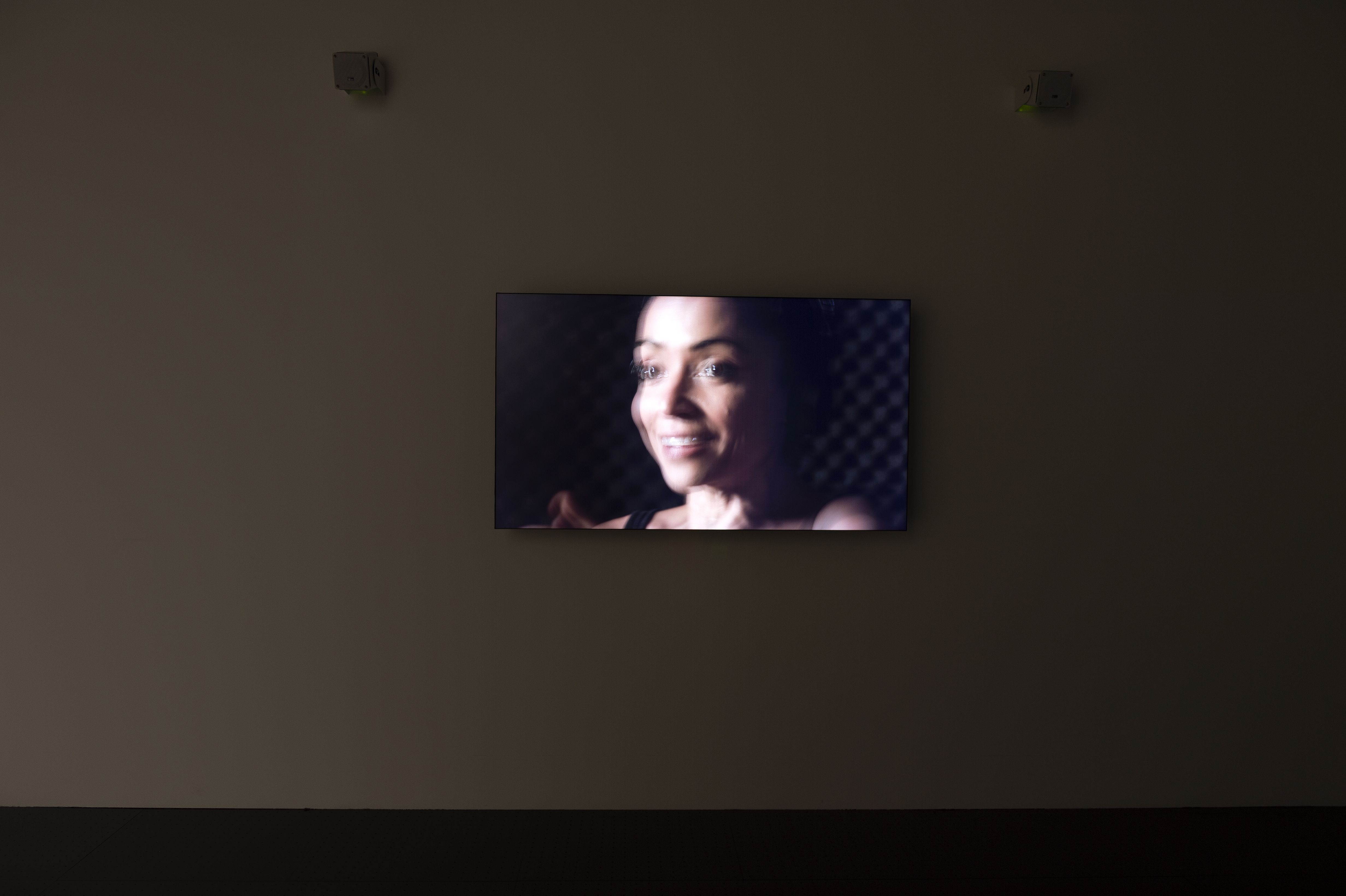
Camille Llobet, Majelich, 2018.
In the exhibition L'Art d'apprendre. Une école des créateurs, Centre Pompidou-Metz (05.02.2022 – 29.08.2022).
© Camille Llobet
© Centre Pompidou-Metz / Photo Marc Domage / 2022 / Exhibition L’Art d’apprendre. Une école des créateurs
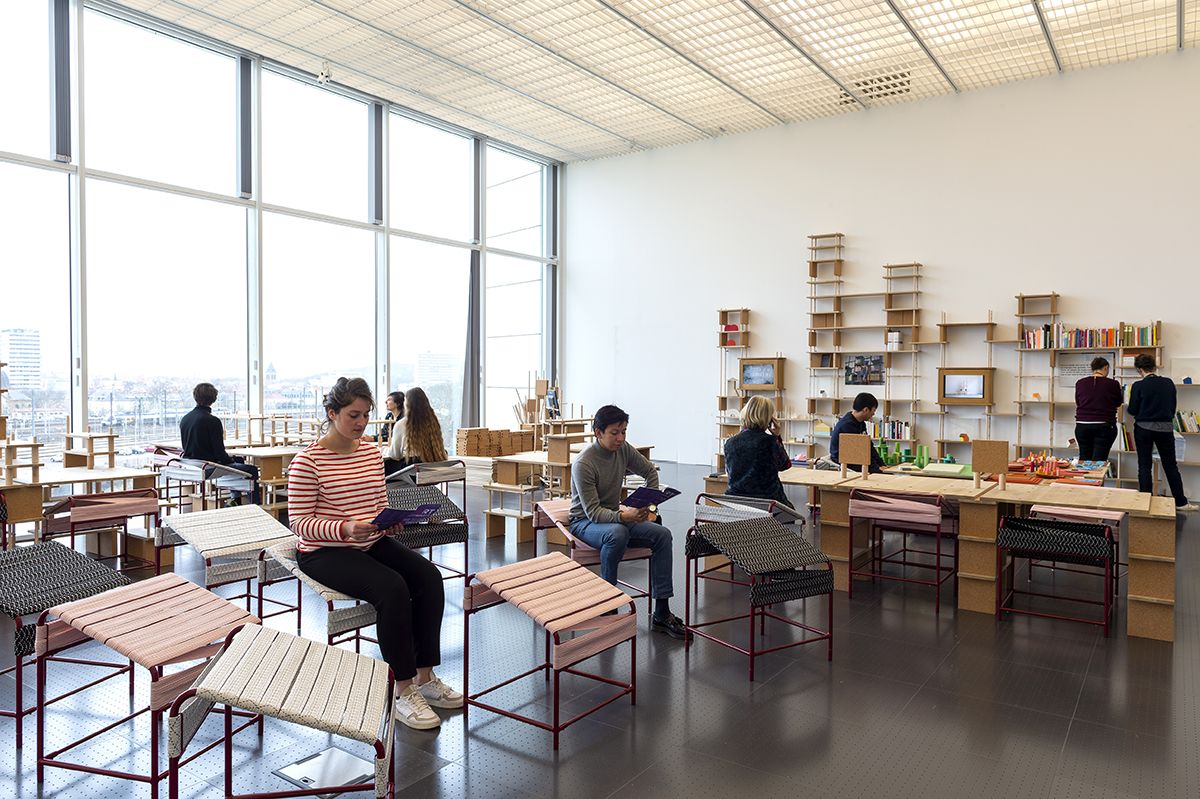
smarin, Écoletopie, 2021
© smarin
© Centre Pompidou-Metz / Photo Marc Domage / 2022 / Exhibition L’Art d’apprendre. Une école des créateurs
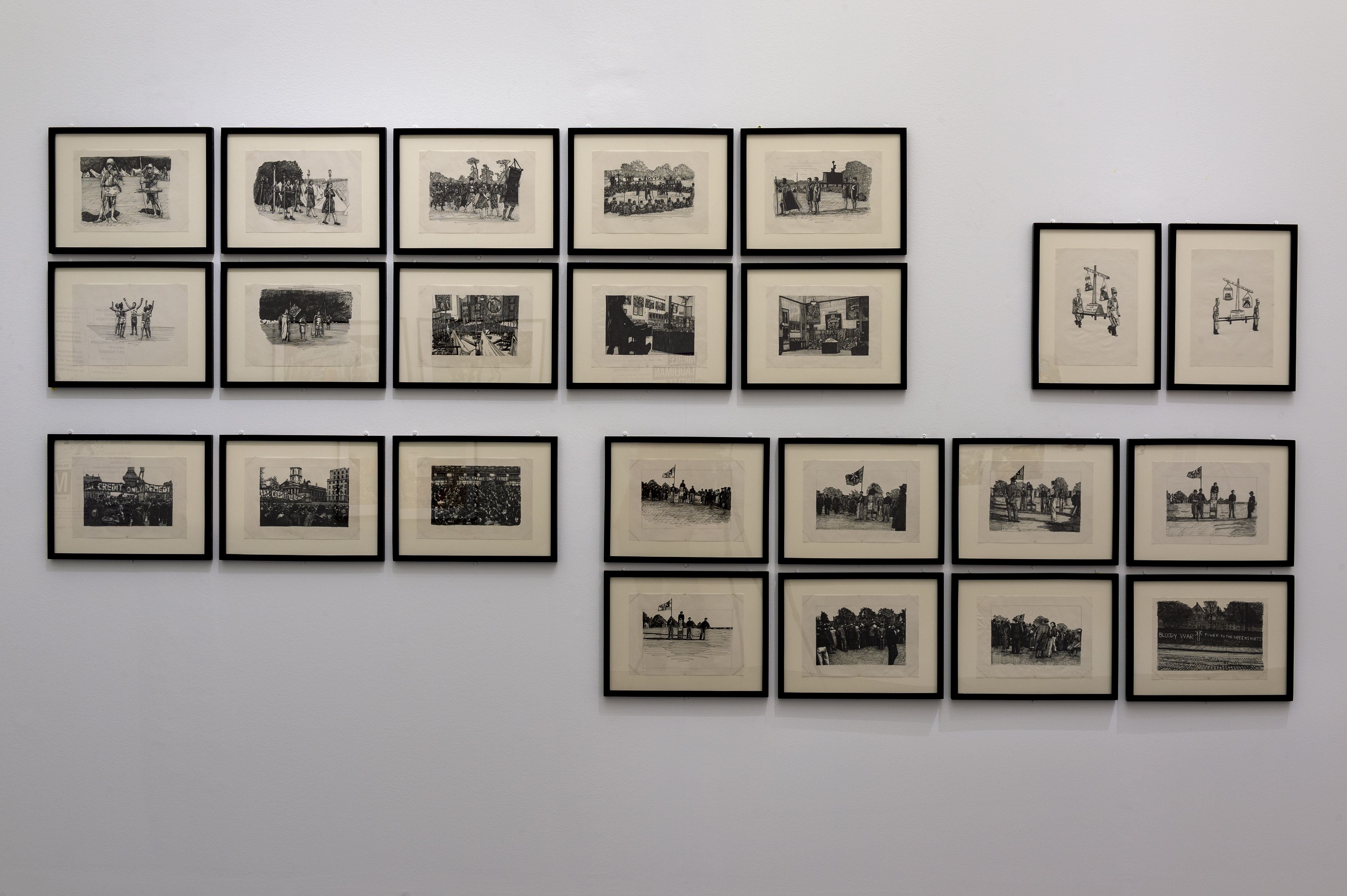
Detail : Olivia Plender, Bring Back Robin Hood, 2008.
Courtesy of Maureen Paley, London. Inv. MAP-PLENO-00056
In the exhibition L'Art d'apprendre. Une école des créateurs, Centre Pompidou-Metz (05.02.2022 – 29.08.2022).
© Olivia Plender
© Centre Pompidou-Metz / Photo Marc Domage / 2022 / Exhibition L’Art d’apprendre. Une école des créateurs
Speakers
Jean-Marc Brodhag
Le terrain d'aventure : (se) construire, (s')inventer, (se) créer
Facilitator and educator
Adelita Husni-Bey
Turn Loose
Artist and educator, lecturer at The New School and The Cooper Union, New York
Deborah Laks
« Teacher, leave them kids alone » : une brèche dans les murs de l’académie
Doctor in Art History, research fellow at the CNRS, Laboratoire LIR3S, University of Dijon, associate researcher at the German Center for Art History and the Center for History at Sciences Po
Camille Llobet
Les contours de la langue
Artist
Stéphanie Marin
Écoletopie (une proposition d'outils pour l'environnement d'apprentissage)
Designer, studio smarin, Nice
Irène Pereira
Pédagogies anarchistes, pédagogies libertaires, pédagogies critiques
Lecturer and accredited Research Director in Educational and Training Sciences at the University Paris 8
Marie Preston
Je me suis demandé si c’était une classe ou un atelier
Artist, researcher-lecturer at the University Paris 8 Vincennes-Saint-Denis
Vincent Romagny
Le jeu des enfants : un modèle artistique ou un modèle politique ?
Lecturer in the theory of art at the ENSBA Lyon, exhibition curator
Katia Schneller
Retenir le mot d’hospitalité dans l’espace pédagogique…
Professor of Art History and Theory and co-coordinator of the research unit “Artistic Hospitality and Visual Activism for a Diasporic and Post- Western Europe”, Grenoble site, ESAD—Grenoble-Valence
Moderation
Anabelle Lacroix
Research curator at the Brain Space Laboratory
Hélène Meisel
Curator, Centre Pompidou-Metz
Works under study
Selection of works presented in the exhibition L'Art d'apprendre. Une école des créateurs, from February 5 to August 29, 2022 at the Centre Pompidou-Metz, Metz
→ consult the Centre Pompidou-Metz website
Jean-Marc Brodhag, Le terrain d'aventures du Sablon, 1977-1980
Judy Chicago et Miriam Schapiro, Womanhouse,1972
Camille Llobet, Majelich, 2018
Stéphanie Marin, Écoletopie, 2021
Olivia Plender, Bring Back Robin Hood, 2008
Study days
Conception Nathalie Ergino, Hélène Meisel, Anabelle Lacroix
Friday July 1st from 2 p.m. to 6 p.m. and Saturday July 2nd, 2022 from 9.30 a.m. to 1 p.m. at the Centre Pompidou-Metz, Metz & online on Zoom
All interventions are available in French and English by simultaneous translation, in person and online.
Friday July 1st
Participate in the Friday Zoom meeting, link here
Meeting ID : 878 7969 5552
Secret code : 679642
Saturday July 2nd
Participate in the Saturday Zoom meeting, link here
Meeting ID : 824 8265 1241
Secret code : 477370
Program of Station 23
→ download the program of Station 23 (french version)
Participants
Marie Chênel, D.C.A. General Secretary, art critic
Pauline Créteur, Research curator to the Director of cultural development and the museum at the BnF
Héloïse Lauraire, University professor
Sandra Lorenzi, Artist
Cynthia Montier & Ophélie Naessens, Artist-researcher duo
The complete list of participants of the Brain Space Laboratory is on the website PARTICIPANTS section, here

